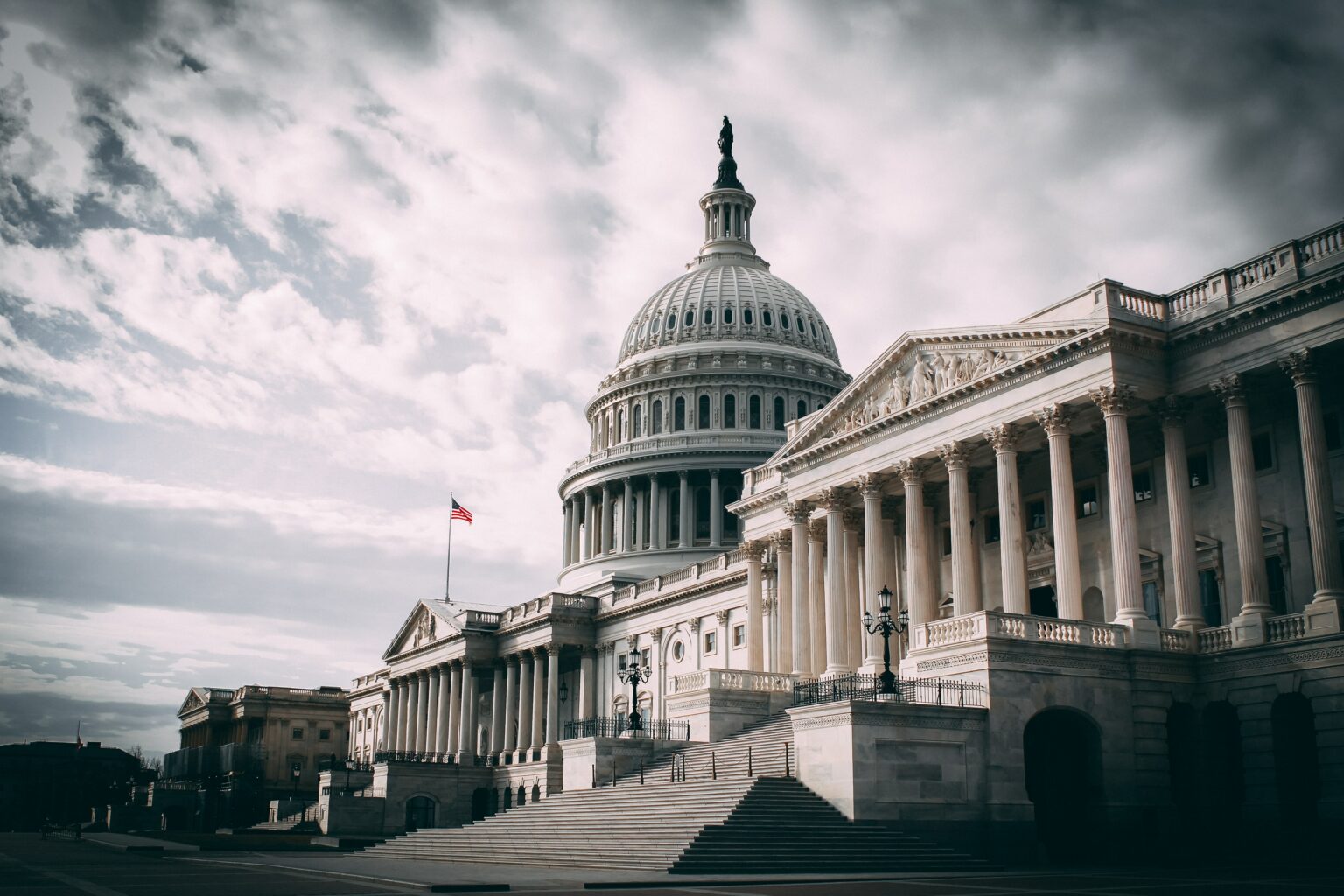The House was set to vote on a bill to cut spending for a decade in exchange for a short-term debt ceiling hike as early as Wednesday.
The House Rules Committee approved terms of debate for the bill early Wednesday morning, setting it up to move to the full House for a vote.
However, the actions did not come before House Speaker Kevin McCarthy (R-CA)—just hours after he’d told reporters he was not entertaining any more changes to the legislation—okayed the Rules Committee to amending the bill, including a restoration of three tax breaks for biofuels as per a demand from at least a half dozen Midwestern lawmakers. That’s as the bill already has language in it to repeal tax incentives for renewable energy.
Republicans also sped up the timeline for tougher work requirements for Medicaid recipients. This was a request from Rep. Matt Gaetz (R-FL), who said he would be a “no” vote without the tighter requirements.
Back in January, Gaetz was one of about a dozen Republican lawmakers who held out for an increasing number of concessions from McCarthy before finally voting to allow him to secure the House Speakership in a nearly unprecedented 15th round of voting.
Before the Rules Committee advanced the debt bill, Democrats were denied permission to offer several of their own amendments, including one that would have prevented any future cuts to veterans’ benefits, such as programs for suicide prevention, housing assistance and healthcare.
As-is, the Republican-majority House bill has very little chance of passing in the Democratic-majority Senate. In the unlikely event that it does pass as-is, President Biden has threatened to veto what he called “a reckless attempt to extract extreme concessions.”
“We’re looking at speakers election 2.0 here, and all to put the GOP on the record with what will then be cut and pasted into a Dem campaign document basically,” Josh Marshall, founder of the liberal-leaning news outlet TPM, tweeted early Wednesday.
House Republicans are offering to increase Washington’s borrowing authority by $1.5 trillion or until March 31, whichever comes first. Furthermore, the bill would return spending to 2022 levels and then cap growth at 1% a year.
The federal government hit its $31.4 trillion debt limit on January 19, at which time the U.S. Treasury undertook what Secretary Janet Yellen called “extraordinary measures” to prevent defaulting on the debt.
However, both Yellen and the non-partisan Congressional Budget Office (CBO) have warned that those measures will run out some time this summer—possibly as early as June.
That, Yellen has cautioned, would spell economic “catastrophe” for the country.
“Household payments on mortgages, auto loans, and credit cards would rise, and American businesses would see credit markets deteriorate,” she said. “On top of that, it is unlikely that the federal government would be able to issue payments to millions of Americans, including our military families and seniors who rely on Social Security.”
Wall Street analysts have further noted that a stock market plunge as a result of debt default could wipe out 6 million jobs and $15 trillion in wealth.
The United States has never defaulted on its debt. But it has repeatedly come close, perhaps most notably in 2011 when the U.S. suffered its only credit rating downgrade in its history, amid the rise of the conservative tea party movement in the House.


